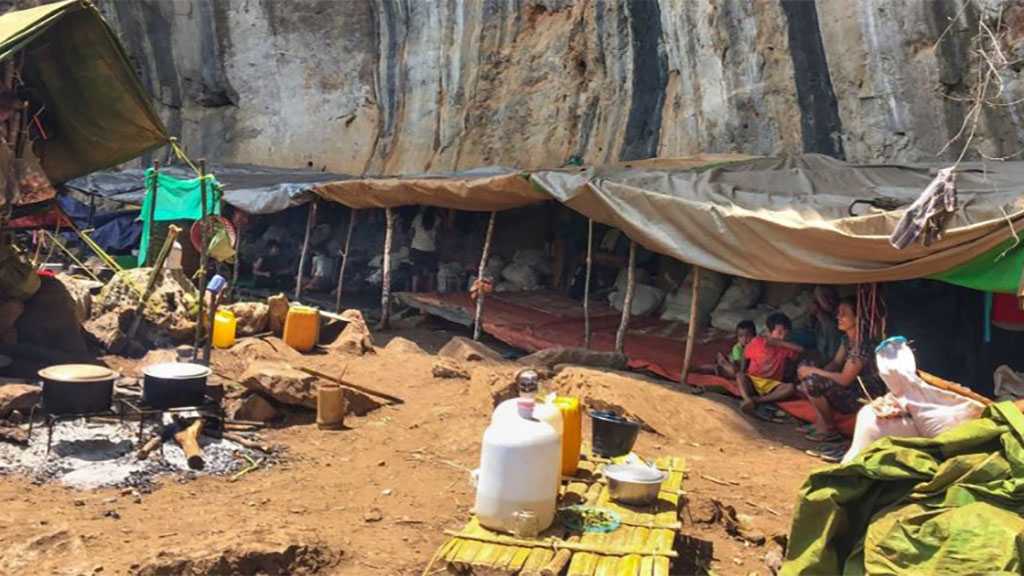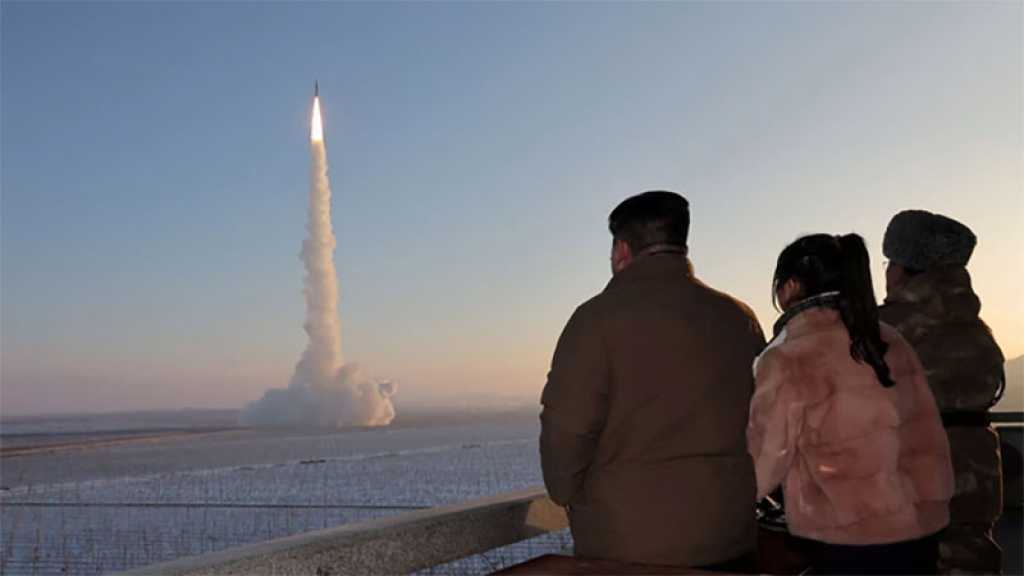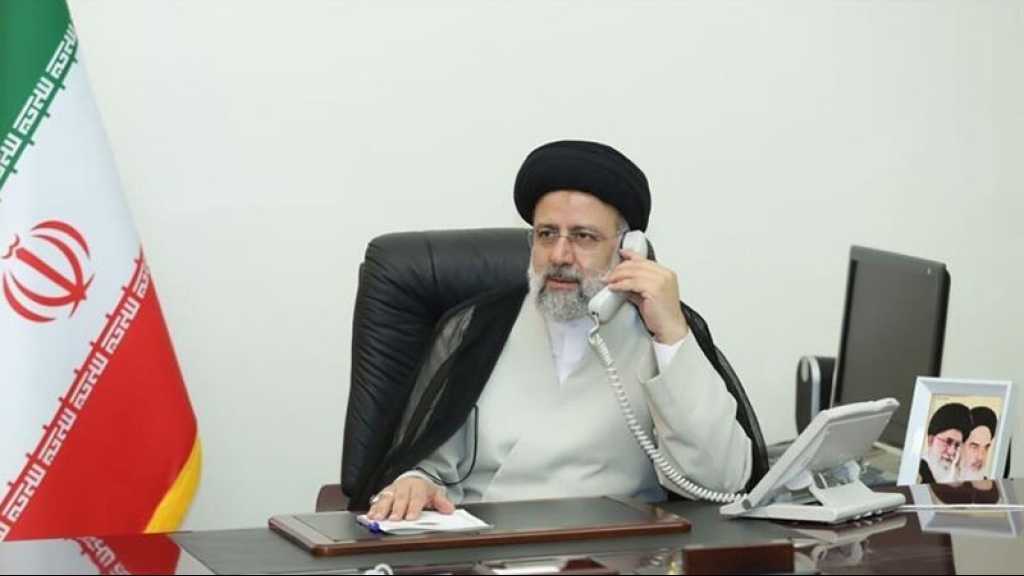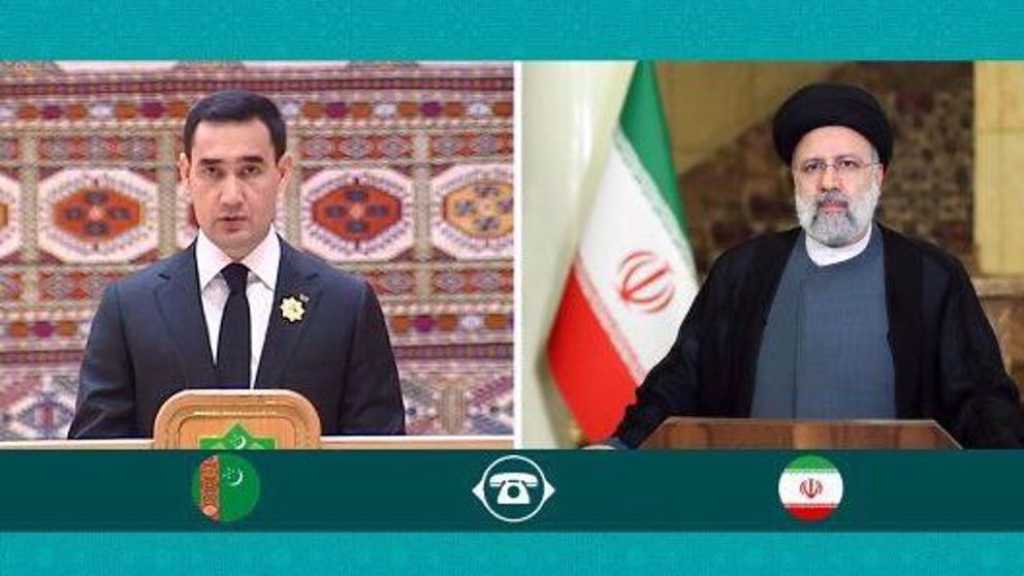
Myanmar’s Military Onslaught in Eastern States Amounts to Collective Punishment - Amnesty

By Staff, Agencies
Myanmar’s military has been systematically committing widespread atrocities in recent months, including unlawfully killing, arbitrarily detaining and forcibly displacing civilians in two eastern states, Amnesty International said Tuesday in a new report.
The report, “Bullets rained from the sky”: War crimes and displacement in eastern Myanmar, found that Myanmar’s military has subjected Karen and Karenni civilians to collective punishment via widespread aerial and ground attacks, arbitrary detentions that often result in torture or extrajudicial executions, and the systematic looting and burning of villages.
The violence in Kayin and Kayah States reignited in the wake of last year’s military coup and escalated from December 2021 to March 2022, killing hundreds of civilians and displacing more than 150,000 people.
“The world’s attention may have moved away from Myanmar since last year’s coup, but civilians continue to pay a high price. The military’s ongoing assault on civilians in eastern Myanmar has been widespread and systematic, likely amounting to crimes against humanity,” said Rawya Rageh, Senior Crisis Adviser at Amnesty International.
“Alarm bells should be ringing: the ongoing killing, looting and burning bear all the hallmarks of the military’s signature tactic of collective punishment, which it has repeatedly used against ethnic minorities across the country.”
For decades, ethnic armed organizations in Myanmar, including in Kayin and Kayah States, have been engaged in struggles for greater rights and autonomy. Fragile ceasefires in place in both states since 2012 broke down after the February 2021 coup, and new armed groups have emerged. In its operations, the military has relentlessly attacked civilians.
Some attacks appear to have directly targeted civilians as a form of collective punishment against those perceived to support an armed group or the wider post-coup uprising. In other cases, the military has fired indiscriminately into civilian areas where there are also military targets. Direct attacks on civilians, collective punishment, and indiscriminate attacks that kill or injure civilians violate international humanitarian law and constitute war crimes.
Attacks on a civilian population must be widespread or systematic to amount to crimes against humanity; in Kayin and Kayah States, they are both, for crimes including murder, torture, forcible transfer, and persecution on ethnic grounds.



